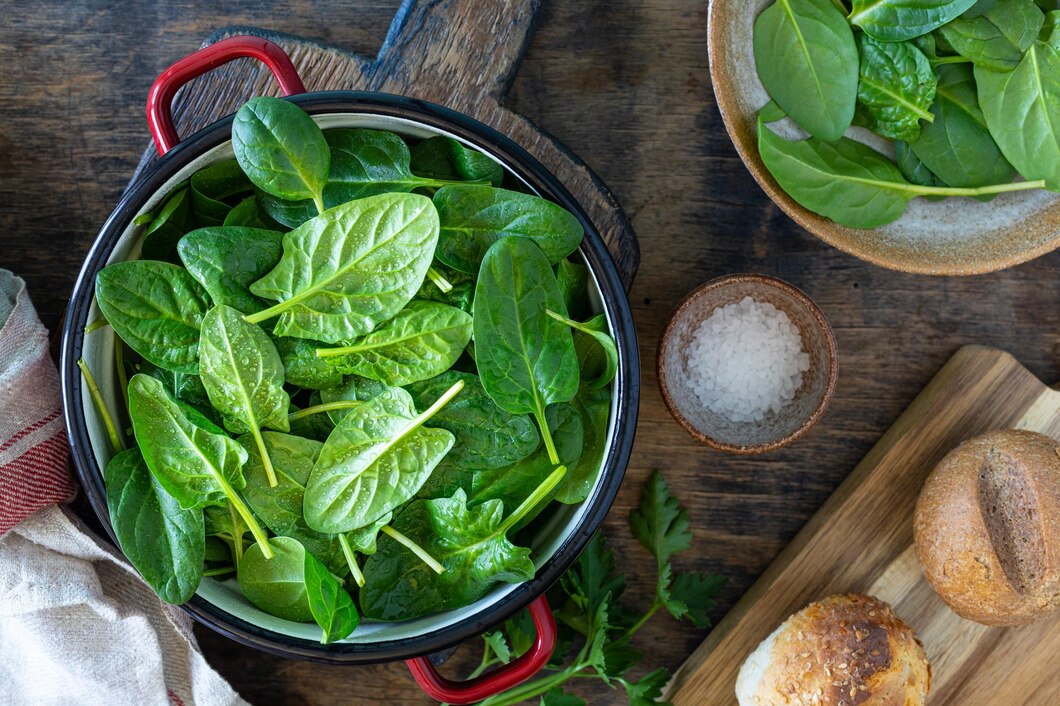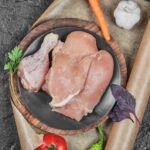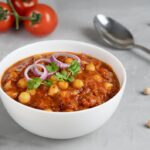High blood pressure, or hypertension, is a common health issue that can lead to serious complications like heart disease, stroke, and kidney failure. A healthy diet is one of the most effective ways to manage high blood pressure. Here are 20 foods that South Africans should incorporate into their diets to help lower and maintain healthy blood pressure levels.
1. Spinach
Spinach is rich in potassium, magnesium, and folate—nutrients that help regulate blood pressure. It’s also low in sodium, making it an excellent addition to your diet.
2. Bananas
Bananas are a great source of potassium, which helps balance sodium levels in the body. This balance is crucial for managing blood pressure.
3. Beetroot
Beetroot is high in nitrates, which can help improve blood flow and lower blood pressure. Enjoy it raw in salads or as a juice.
4. Oats
Oats are rich in fiber, particularly beta-glucan, which has been shown to reduce blood pressure. Start your day with a bowl of oatmeal for a heart-healthy breakfast.
5. Avocado
Avocados are high in potassium and healthy monounsaturated fats, both of which are beneficial for blood pressure control.
6. Salmon
Salmon and other fatty fish are rich in omega-3 fatty acids, which have anti-inflammatory properties and can help reduce blood pressure.
7. Garlic
Garlic is known for its ability to lower blood pressure. It contains allicin, a compound that helps relax blood vessels and improve circulation.
8. Sweet Potatoes
Sweet potatoes are loaded with potassium and magnesium, both of which help manage blood pressure. They’re also a great source of fiber.
9. Berries
Berries, particularly blueberries, strawberries, and raspberries, are rich in flavonoids. These antioxidants have been shown to lower blood pressure and improve heart health.
10. Greek Yogurt
Greek yogurt is a good source of calcium, which is essential for blood pressure regulation. Opt for low-fat or non-fat varieties to keep saturated fat intake low.
11. Nuts
Nuts like almonds, walnuts, and pistachios are high in magnesium and healthy fats, which can help lower blood pressure when consumed in moderation.
12. Broccoli
Broccoli is high in potassium, magnesium, and calcium—nutrients that help control blood pressure. It’s also packed with antioxidants that support overall cardiovascular health.
13. Dark Chocolate
In moderation, dark chocolate with at least 70% cocoa can help lower blood pressure. It contains flavonoids, which help relax blood vessels and improve blood flow.
14. Beans
Beans, including kidney beans, black beans, and lentils, are rich in fiber, potassium, and magnesium. These nutrients are all beneficial for blood pressure management.
15. Tomatoes
Tomatoes are high in potassium and lycopene, an antioxidant that has been shown to reduce blood pressure. They’re versatile and can be added to many dishes.
16. Oranges
Oranges and other citrus fruits are rich in vitamin C, potassium, and fiber, all of which contribute to lower blood pressure. Enjoy them fresh or as a juice with no added sugar.
17. Carrots
Carrots are rich in potassium and beta-carotene, both of which are beneficial for maintaining healthy blood pressure levels.
18. Flaxseeds
Flaxseeds are a great source of omega-3 fatty acids and fiber. They have been shown to reduce blood pressure and improve heart health.
19. Olive Oil
Olive oil is rich in monounsaturated fats and antioxidants, both of which are good for heart health and can help lower blood pressure. Use it as a dressing or for cooking.
20. Pumpkin Seeds
Pumpkin seeds are packed with magnesium, zinc, and healthy fats, which are all essential for maintaining healthy blood pressure levels. They make a great snack or salad topping.
Tips for a Blood Pressure-Friendly Diet
In addition to incorporating these foods into your diet, here are some tips for managing high blood pressure:
- Limit Sodium Intake: Reduce the amount of salt in your diet by avoiding processed foods and opting for fresh, whole foods.
- Increase Potassium Intake: Potassium helps balance the effects of sodium. Eating more fruits, vegetables, and legumes can help.
- Maintain a Healthy Weight: Being overweight can increase your risk of high blood pressure. A balanced diet and regular exercise are key to weight management.
- Stay Hydrated: Drinking plenty of water can help maintain blood pressure levels. Avoid sugary drinks and excessive caffeine.
- Limit Alcohol: Excessive alcohol consumption can raise blood pressure. If you drink, do so in moderation.
By making these dietary changes and focusing on heart-healthy foods, South Africans can take significant steps toward managing high blood pressure and improving overall health. Always consult with a healthcare provider before making any significant changes to your diet, especially if you are on medication for high blood pressure.








